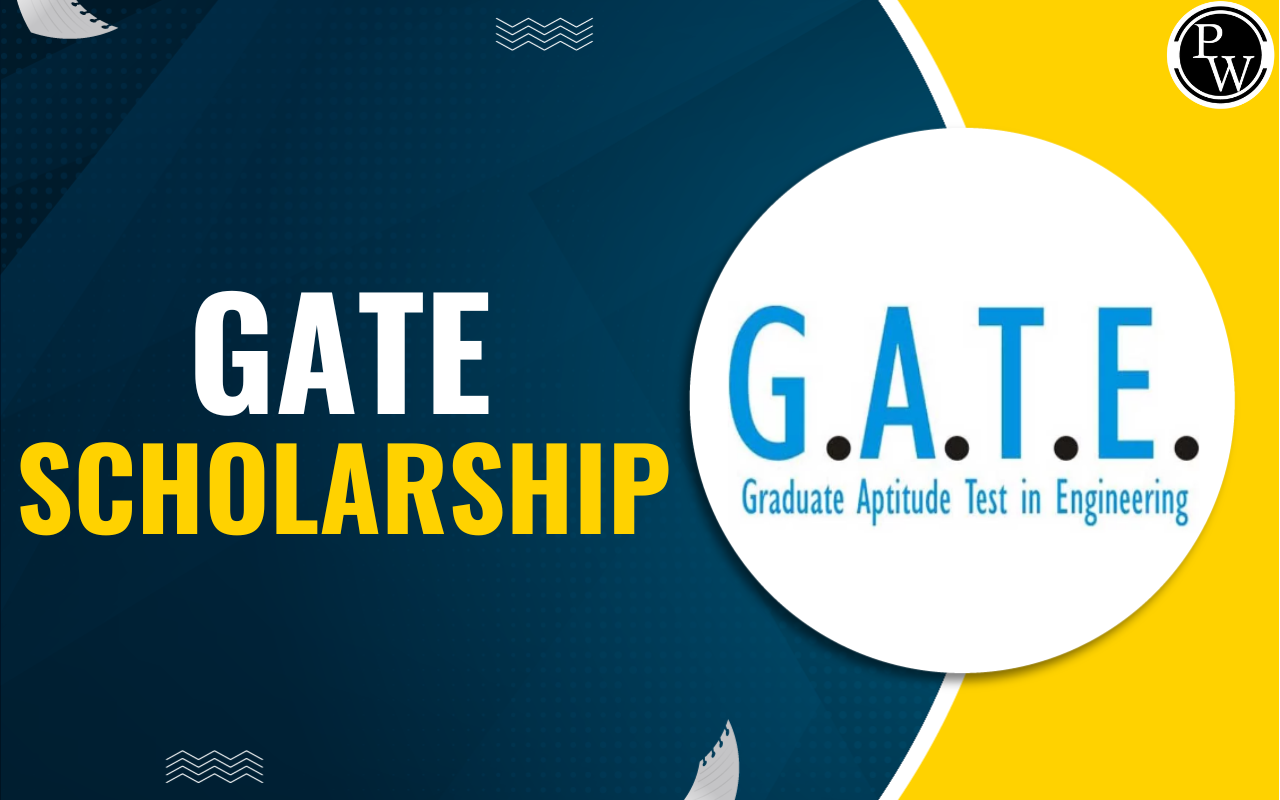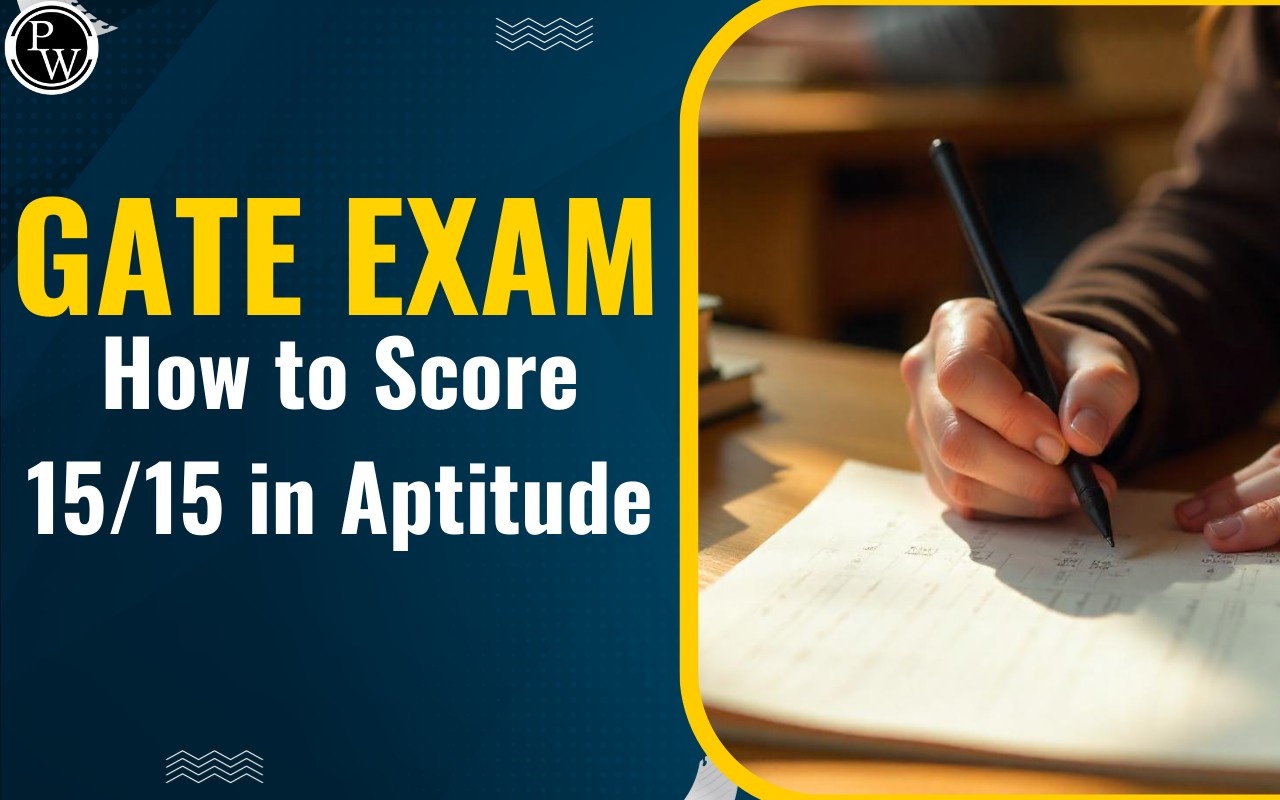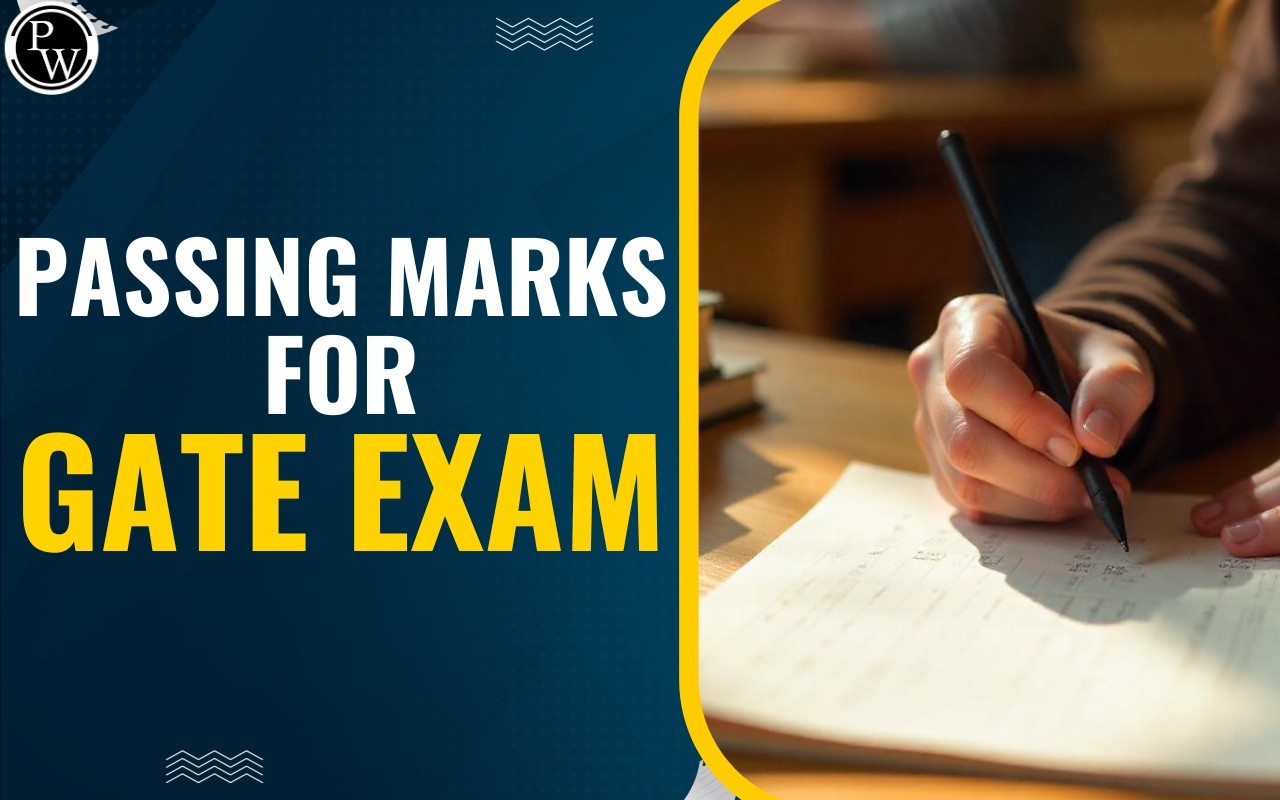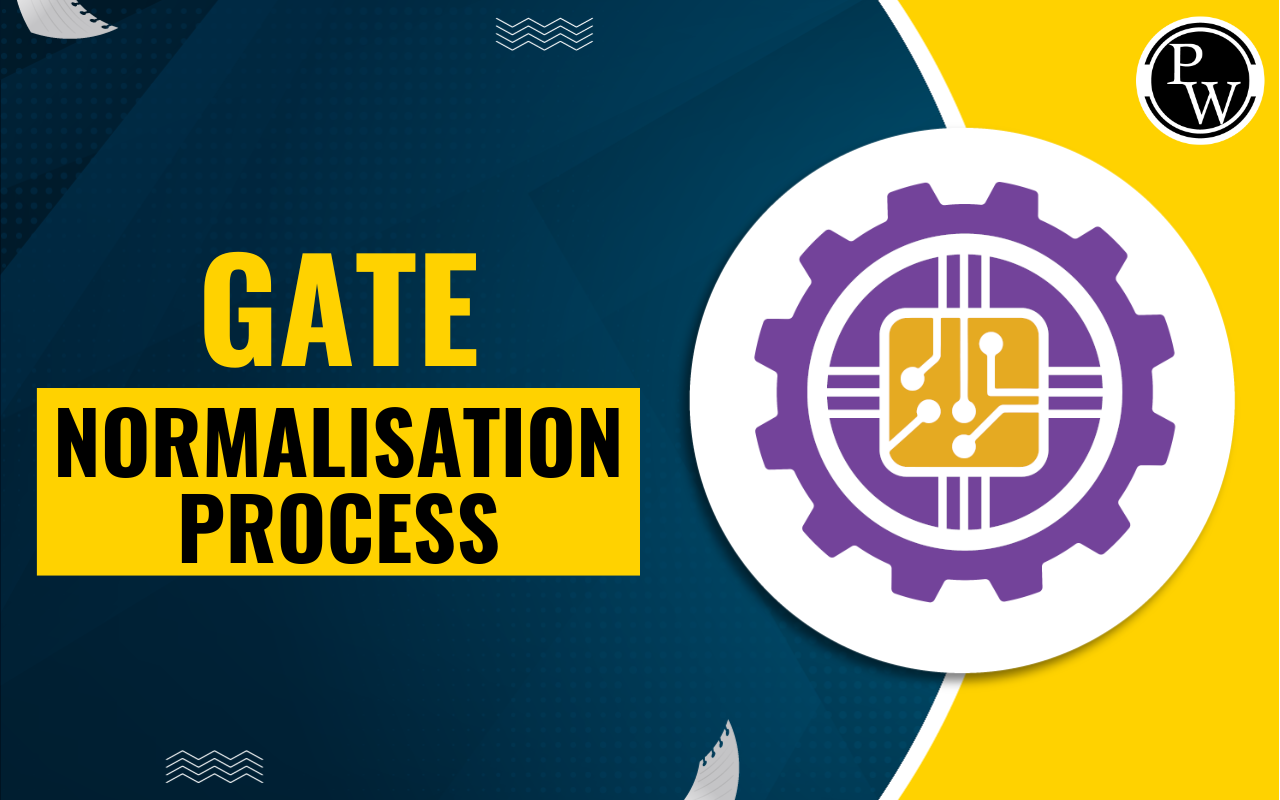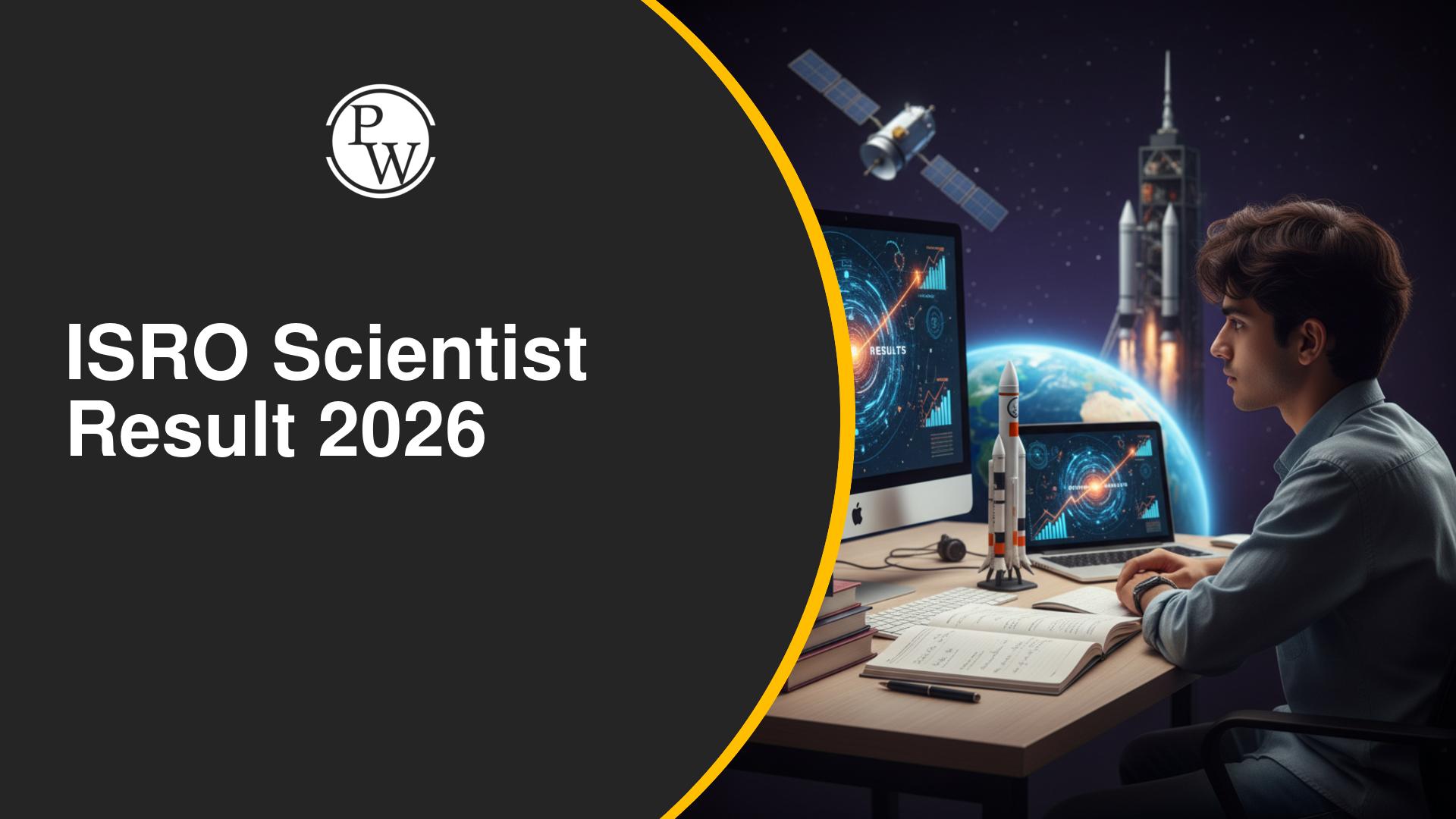
Biomedical Engineering is a multidisciplinary field that combines principles of engineering, biology, and medicine to develop innovative solutions for healthcare and medical challenges. It focuses on the design, development, and application of biomedical technologies and devices, such as medical imaging equipment, prosthetics, artificial organs, and pharmaceuticals. Biomedical engineers work to improve patient care, diagnose medical conditions, and enhance overall healthcare delivery.
What is Biomedical Engineering?
Biomedical Engineering represents a rapidly growing field that blends principles from both biology and engineering to address healthcare-related challenges. Depending on their preferences and career aspirations, students have the opportunity to pursue Biomedical Engineering at the undergraduate, postgraduate, and doctoral levels.
This multidisciplinary course not only aims to support healthcare professionals but also equips students to offer essential rehabilitation services to patients. Aspirants should have completed their 10+2 education with a focus on either PCM (Physics, Chemistry, and Mathematics) or PCB (Physics, Chemistry, and Biology) from a recognized Indian board.
Once these prerequisites are met, students can readily enroll in programs such as B.Tech, B.E., or B.Sc. in Biomedical Engineering or related fields.
Biomedical Engineering Vs Biomedical Science
The B.Sc. in Biomedical Science is a three-year undergraduate program designed to offer students a comprehensive understanding of human health, diseases, and related subjects such as anatomy, physiology, and molecular biology.
On the other hand, an undergraduate degree in Biomedical Engineering spans a four-year duration. It is a technical program centered on devising technological innovations to enhance health management and treatment. The primary aim is to integrate physical and biological sciences to develop more effective and resilient solutions.
Biomedical Engineering Salary and Scope in India
Biomedical Engineers, who work on medical technology, typically earn around 3 to 4 lakh rupees per year. The field of Biomedical Engineering is expanding rapidly in India. This means there are more job opportunities and chances for growth.
The medical technology industry in India is also set to become really big. It's expected to reach a whopping 50 billion dollars by 2025. This growth is happening because the government is helping with research, and many new small companies are starting up in this field. So, for interested students in Biomedical Engineering, there's a bright future waiting for you in India.
Biomedical Engineering Syllabus for IITs
After completing the B.Tech in Biomedical Engineering, applicants can appear for competitive exams like GATE in order to get admission into the top IITs in India to pursue the M.Tech in Biomedical Engineering. Check out the important topics from the Biomedical Engineering syllabus for IITs mentioned below.
- Basic Biomedical Laboratory
- Biomedical Instrumentation
- Basic Electronics
- Quantitative Physiology
- Biomedical Sensors and Measurements
- Biomaterials Engineering.
- Optical Sensors
Also Read: GATE Biomedical Engineering Syllabus 2024
Biomedical Engineering List of Subjects
Students interested in pursuing Biomedical Engineering in the future must ensure to check out the core subjects in the table below. These subjects provide the foundation for a comprehensive understanding of Biomedical Engineering.
|
Biomedical Engineering Subjects |
|
| Topic | Subtopics |
| Engineering Mathematics | This subject combines math, problem-solving, and scientific skills to address complex real-world problems. Topics include linear algebra, calculus, differential equations, and more. |
| Signals and Systems | Focuses on analyzing systems and signals in the context of biomedical engineering. Covers continuous and discrete signals, convolution, correlation, and more. |
| Analogue and Digital Electronics | Introduces fundamental concepts of electronics, including semiconductor properties, logic circuits, and more. |
| Sensors and Bio Instrumentation | Explores biomolecule structure, metabolism, biomaterials, biocompatibility, bioactivity, and medical devices. |
| Biomechanics | Addresses topics related to hard and soft tissues, engineering mechanics, joints, muscle kinetics, and biofluid mechanics. |
| Medical Imaging Systems | Covers medical imaging systems like X-Ray, CT, ultrasound, their principles, and the physics involved. |
| Human Anatomy and Physiology | Details cell types, organs, tissues, and physiological processes, including the nervous, digestive, and musculoskeletal systems. |
| Measurements and Control Systems | Focuses on SI units, measurement errors, precision, control systems basics, and measurement instruments. |
Biomedical Engineering Eligibility Criteria for UG and PG
Students who are wondering about the eligibility criteria they need to fulfill in order to pursue undergraduate and postgraduate courses in the Biomedical Engineering discipline can check out the details provided below.
For Undergraduate (B.Tech) in Biomedical Engineering
- Educational Qualification: Students must have completed their 10+2 or equivalent examination from a recognized board or institution.
- Subjects: They should have studied the required subjects, which often include Physics, Chemistry, Mathematics or Biology (or a combination of these), along with English.
- Minimum Marks: Many colleges and universities require students to have a minimum percentage of marks in their 10+2 examinations, typically ranging from 50% to 60%. However, specific institutions may have varying percentage requirements.
- Entrance Exams: Some institutes may also require students to qualify in relevant entrance exams, such as JEE Main or state-level engineering entrance exams, depending on their choice of specialization within Biomedical Engineering.
For Postgraduate (M.Tech) in Biomedical Engineering
- Educational Qualification: Students must hold a bachelor's degree in Biomedical Engineering or a related field (B.Tech or B.E.) from a recognized university or institution.
- Minimum Marks: Many universities and institutes require students to have a minimum percentage of marks in their undergraduate degree, usually within the range of 55% to 60%. However, specific percentage requirements may vary.
- Entrance Exams: To pursue an M.Tech in Biomedical Engineering, students need to qualify for entrance exams like the GATE . Admission is highly competitive, and GATE scores play an important role in the selection process.
Biomedical Engineering Specialization
Biomedical Engineering offers a range of specializations, including:
- Bioinstrumentation
- Biomechanics
- Medical Imaging
- Rehabilitation Engineering
- Cellular, Tissue, and Genetic Engineering
- Orthopedic Bioengineering
- Clinical Engineering
Biomedical Engineering Top Colleges in India
When it comes to pursuing a degree in Biomedical Engineering, India has several esteemed institutions known for their quality education and research opportunities. These top colleges offer comprehensive programs in Biomedical Engineering, combining engineering principles with biomedical sciences to prepare students for impactful careers in healthcare technology and innovation.
Here are some of the leading institutions in India renowned for their Biomedical Engineering programs:
- IIT Madras
- IIT Delhi
- IIT Bombay
- NIMS Institute of Engineering and Technology, Jaipur
- Manipal University, Jaipur
- Parul University, Vadodara
- Amity University, Mumbai
- Woxsen University, Hyderabad
- Lovely Professional University, Delhi
- Anna University, Chennai
Biomedical Engineering Entrance Exams
To pursue a degree in Biomedical Engineering, students often need to appear for the entrance exam at the national or state level. These exams assess a student's knowledge and aptitude in relevant subjects and help institutions determine eligibility for their programs. Here are some notable Biomedical engineering entrance exams in India:
- GATE Examination
GATE is a national-level exam for various engineering disciplines, including Biomedical Engineering. Many institutes and universities across India accept GATE scores for admission to their M.Tech programs.
To learn more about the GATE examination, visit the following links:
| GATE Exam Date 2024 | GATE Exam Pattern 2024 |
| GATE Syllabus 2024 | GATE Eligibility Criteria 2024 |
- JEE
While JEE Main is primarily for engineering programs, it serves as an entrance exam for some colleges offering biomedical engineering courses.
- State-Level Engineering Entrance Exams: Some Indian states conduct their own engineering entrance exams, and they offer Biomedical Engineering programs as part of their course offerings, such as UPSEE (Uttar Pradesh State Entrance Examination), BCECE (Bihar Combined Entrance Competitive Examination), and JCECE (Jharkhand Combined Entrance Competitive Examination).
Biomedical Engineering Syllabus
Applicants can check the course-wise detailed Biomedical Engineering syllabus in the table provided below.
|
Biomedical Engineering Syllabus |
||
| Name of the Courses | Topics | Subtopics |
| Biomedical Microsystems | Introduction to materials and miniaturization, MEMS Fabrication Processes, Microfabrication Techniques, Micro Total Analysis Systems, Nano and Micro Biosensors and drug delivery devices, Microsystem Packaging | Grasping the concepts related to MEMS processes and applying them in the field of biomedical science, Knowing the recent innovations and developments in the biomedical engineering field, Understanding packaging methods used in MEMS |
| Hospital Management | Process of management, Hospital Planning and Organization of the hospitals, Supportive and Clinical Services, Auxiliary and Other Engineering Services, Inventory Control and Material Management, Biomedical Engineering Department (layout, location, equipment, personnel, and functions) | Understanding the role and functions of a biomedical engineer, Application of contemporary management and engineering principles to enhance the quality of health care services, Grasping the importance of material management in the medical industry |
| Healthcare Informatics | Healthcare Interoperability, HL 7 Version 2, DICOM Standard, Unified Modeling Language, DICOM Communications, DICOM Associations | Understanding the basic concepts of healthcare interoperability, Grasping healthcare interoperability standards for medical messages and images |
| Robotics in Medicine | Introduction to Robots and Automation, Direct Kinematics, Inverse Kinematics, Robot Vision Image Representation, Applications in Biomedical Engineering, Task Planning and Task Level Programming | Learning the basics of robotics, direct and inverse kinematics, and motion and vision planning, Designing robotic systems for medical applications |
| Nuclear Medicine | Basics of Nuclear Physics, Radiopharmaceuticals, In Vivo Techniques, Detectors in Nuclear Medicine, counting, and measuring systems, Radionuclide Theory, Emission Tomography Techniques and Clinical Applications | Understanding the basics of nuclear medicine and knowing about the latest developments in the nuclear medicine field, Grasping radionuclide theory and principles of various scanning systems, Knowing radiopharmaceuticals concepts and different radiation safety concepts |
| Project Management | Project Management Foundation, Initiating Projects, Project Planning and Scheduling, Planning Projects, Executing Projects, Project Contracting, Monitoring and Controlling Projects, Project Leadership and Ethics, Closing the Project | Understanding how to use a structured approach to complete every project, Learning to use project management concepts, methods, and tools, Capturing various lessons taught by the project phases and noting them down for future use |
| Finance Management | Overview of Indian Financial System, Concepts of Returns and Risks, Time Value of Money, Overview of Corporate Finance, Financial Ratio Analysis, Capital Budgeting, Working Capital Management | Understanding how the finance system works in India, Grasping the importance of corporate finance and making decisions related to investment and finances |
| Entrepreneurship Development and Management | Overview of Entrepreneurship, Business Plans and Importance of Capital for Entrepreneurship, Business Development and Entrepreneurship, Women Entrepreneurship Development, Indian Environment for Entrepreneurship, Effective Business Management, Achieving Success in Small Businesses | Getting acquainted with business management and entrepreneurship principles, Knowing what is ownership and business plans, Understanding the policies that the government implements for entrepreneurs |
| Human Resource Management | Introduction to HR, Organizational Behavior, Organizational Structure & Design, Human Resource Planning, Emerging Trends in HR, HR and MIS, Strategic HRM, Labor Laws and Industrial Relations | Introduction to basic concepts, practices, and techniques implemented in HRM, Familiarizing with different trends in HRM, Learning what is HRM and how to solve challenges while managing it |
| Professional Ethics and CSR | Professional Ethics and Business, Professional Ethics in the Marketplace, Professional Ethics in the Environment, Professional Ethics of Consumer Protection, Introduction to CSR, CSR, CSR in Globalizing India | Understanding corporate social responsibility and professional ethics |
| Research Methodology | Introduction and Basic Research Concepts, Types of Research, Research Design and Sample Design, Research Methodology, Formulating Research Problem, Outcomes of Research | Understanding how research works are carried out in the field of biomedical engineering, Understanding data collection methods, analyzing and interpreting data, Reviewing research outcomes |
| IPR and Patenting | Introduction to IPR, Importance of IPR in Modern Global Economic Environment, Enforcement of Intellectual Property Rights, Indian Scenario of IPR, Emerging Issues in IPR, Basics of Patents, Patent Rules, Procedure for filing a patent, Patent Databases | Understanding the protection of intellectual property and rights, Understanding assets related to intellectual property, Knowing laws related to intellectual property |
| Digital Business Management | Introduction to digital business, Drivers of digital business, Overview of E-commerce, Digital Business Support Services, Managing E-business, E-business Strategy, Materializing E-business, Case Studies and Presentations | Identifying digital business drivers, Getting acquainted with the concepts of e-commerce, Preparing E-business plans, Learning insights related to E-business and its strategies |
| Biomedical Microsystems | List of experiments: Crystal Structure, Biosensors, Simulation of scaling law, Simulation of Microvalve, Simulation of pressure sensors, Simulation of microchannel, Simulation of micropump - List of tutorials: Scaling laws, MEMS materials, Lithography, MEMS deposition and etching techniques, Soft Lithography, Micromachining, MEMS Packaging, Drug Delivery Services, Micro total analysis systems, Surface characterization techniques | Understanding fabrication methods for MEMS devices and applying them for fabricating biomedical devices, Simulating a given microsystem to measure its performance, Choosing material, fabrication, and packaging techniques |
| Environmental Management | Introduction and definition of environment, Environmental issues that are relevant to India, Global environmental issues, Ecology concepts, Scope of environment management, Environment quality Management and CSR, Environment Protection Act and other Legislations | Learning global concerns, ecology, and understanding legislation related to the environment, Understanding what is environmental management |
Biomedical Engineering Best Books
The following Biomedical Engineering books cover a wide range of topics within the field of Biomedical Engineering and can serve as valuable resources for students, researchers, and professionals in the field.
|
Biomedical Engineering Best Books |
||
| Subject | Title of Book | Author/Publication |
| Fundamentals | Biomedical Engineering Handbook, Third Edition | Joseph Bronzino and Donald Peterson |
| Instrumentation & Measurement | Non-Invasive Instrumentation and Measurement in Medical Diagnosis | Robert Northrop |
| Imaging, Signals, and Informatics | Biomedical Signals, Imaging, and Informatics | Joseph Bronzino and Donald Peterson |
| Biomaterials and Tissue Engineering | The Extracellular Matrix, Biomaterials, and Tissue Engineering | George Plopper and Jan Stegemann |
| Radiology | Diagnostic Radiology Physics with MATLAB | Gavin Poludniowski, Robert Bujila, and Johan Helmenkamp |
| Additive Manufacturing | Additive Manufacturing - Foundation Knowledge for Beginners | Chander Prakash, Sunpreet Singh, and Seeram Ramakrishna |
| Biomechanics | Introductory Biomechanics - From Cells to Organisms | Craig Simmons and C. Ross Ethier |
| Cell and Tissue Biology | The Cell as a Machine | Hanry Yu and Michael Sheetz |
| Cell and Tissue Engineering | Molecular, Cellular, and Tissue Engineering | Joseph Bronzino and Donald Peterson |
|
GATE 2024 Exam Important Links |
|
| GATE 2024 Registration | GATE Previous Year Question Paper |
| GATE Exam Pattern | GATE Syllabus |
| GATE 2024 | GATE 2024 FAQs |
| GATE Exam Date 2024 | GATE 2024 Login |
Biomedical Engineering FAQs
What is Biomedical Engineering?
What is the scope of Biomedical Engineering in India?
Is Biomedical Engineering a good course to pursue?
How do I pursue a M.Tech in Biomedical Engineering from IITs?

